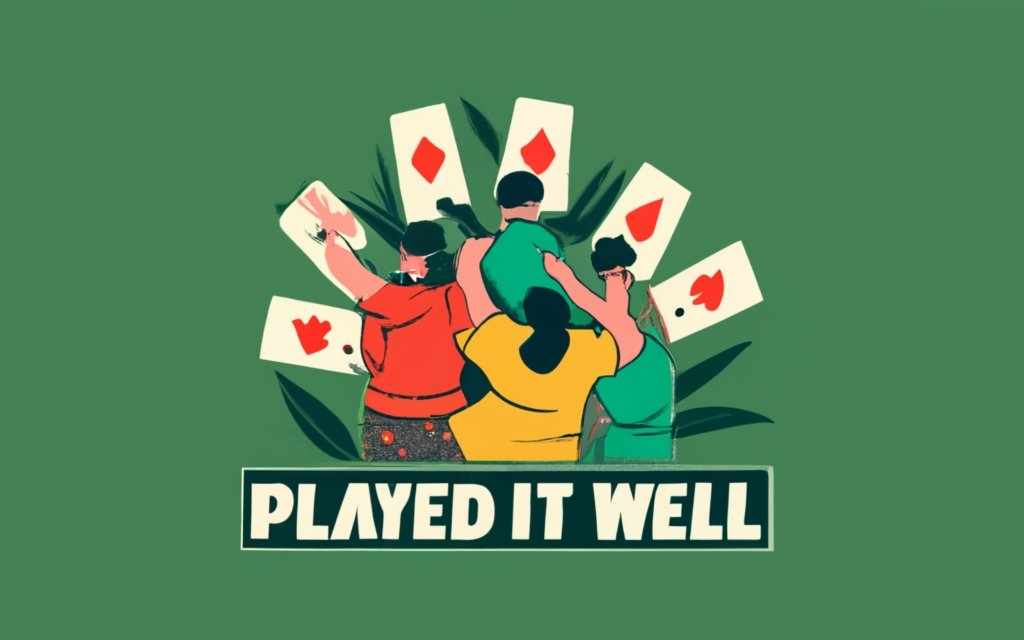Looking for a fun and challenging way to exercise your problem-solving skills? Look no further! In this article, we’ll guide you through the best problem-solving board games that are guaranteed to keep you entertained for hours. Whether you enjoy unraveling mysteries, strategizing your moves, or collaborating with friends to crack puzzles, these games have got you covered. From classic favorites like Clue and Scrabble to newer, innovative options like Pandemic and Codenames, you’ll discover a wide range of options to suit your taste. Get ready to roll the dice and put your critical thinking to the test as we explore the world of problem-solving board games!
Overview of Problem-Solving Board Games
Problem-solving board games are a fantastic way to exercise your brain, challenge your strategic thinking, and have fun with friends and family. These games are designed to promote critical thinking, logical reasoning, and creative problem-solving skills. Whether you enjoy traditional classics or more modern alternatives, there is a problem-solving board game out there for everyone.
Definition of problem-solving board games
Problem-solving board games, also known as strategy games, are tabletop games where players must navigate complex challenges, puzzles, and decisions in order to achieve a specific goal. These games often involve competitive or cooperative gameplay and require players to analyze situations, make strategic choices, and adapt their plans based on changing circumstances. From classic favorites to newer releases, problem-solving board games offer a wide variety of gameplay experiences that cater to different interests and skill levels.

This image is property of images.pexels.com.
Benefits of playing problem-solving board games
Playing problem-solving board games offers numerous benefits beyond sheer entertainment. These games provide a range of advantages for players of all ages, making them both enjoyable and educational. Some key benefits of playing problem-solving board games include:
- Mental stimulation: Problem-solving board games engage your brain, promoting critical thinking, logical reasoning, and strategic planning. They challenge you to analyze options, weigh risks and rewards, and make decisions based on limited information.
- Social interaction: Many problem-solving board games involve multiplayer gameplay, fostering social interaction, cooperation, and healthy competition. They provide opportunities to bond with friends and family, enhance communication skills, and build teamwork.
- Creativity and imagination: Problem-solving board games often require players to think outside the box and come up with innovative solutions to overcome obstacles. They encourage creativity, imagination, and lateral thinking, allowing players to explore new ideas and perspectives.
- Problem-solving skills: As the name suggests, problem-solving board games help develop problem-solving skills. Players learn to identify problems, evaluate alternative solutions, and make informed choices to achieve their objectives.
- Relaxation and stress relief: Engaging in a challenging problem-solving board game can serve as a fantastic way to unwind and relax. The immersive nature of these games, combined with the focus required, can help alleviate stress and provide a break from daily responsibilities.
Popular themes in problem-solving board games
Problem-solving board games come in a variety of themes, catering to different interests and preferences. Whether you’re a fan of fantasy, history, mystery, or wordplay, there’s a game out there to suit your taste. Some of the most popular themes in problem-solving board games include:
- Fantasy: Games set in magical realms, featuring mythical creatures, epic quests, and magical abilities.
- History: Games based on real or fictional historical events, allowing players to relive important moments or build their own civilizations.
- Mystery: Games that involve solving mysteries, uncovering clues, and deducing the culprits behind crimes or other puzzles.
- Sci-fi: Games set in futuristic, science fiction settings, exploring advanced technology, space exploration, and alien encounters.
- Horror: Thrilling games that immerse players in chilling and suspenseful scenarios, often incorporating elements of supernatural or psychological horror.
- Wordplay: Games that test vocabulary, language skills, and creativity, such as crossword puzzles or word-building challenges.
With such a wide range of themes available, problem-solving board games offer something for everyone, regardless of personal preferences or interests.

This image is property of images.pexels.com.
Classic Problem-Solving Board Games
Classic problem-solving board games have been enjoyed by generations and continue to captivate players today. These timeless games have withstood the test of time and remain popular due to their engaging gameplay and strategic depth. Let’s explore a few of these classics:
Chess
Chess is a two-player game that embodies the epitome of strategic problem-solving. With a 2,000-year history, this ancient game requires players to anticipate their opponent’s moves, plan several steps ahead, and execute carefully calculated strategies. Chess develops critical thinking, concentration, and analytical skills, making it an ideal choice for those seeking a challenging problem-solving experience.
Scrabble
Scrabble is a beloved word game that challenges players to create words and strategically place them on a game board. By utilizing their vocabulary, spelling, and letter placement skills, players must maximize their points while strategically blocking opponents. Scrabble is an excellent choice for individuals who enjoy wordplay, strategy, and expanding their vocabulary.
Monopoly
Monopoly is a classic game of economics and strategy. Players take on the role of real estate moguls, buying, selling, and trading properties to accumulate wealth and bankrupt their opponents. Monopoly requires players to make strategic decisions regarding property purchases, rent prices, and investments, all while carefully managing their finances. This game promotes critical thinking, negotiation skills, and risk assessment.
Clue
Cluedo, known as Clue in North America, is a mystery-solving game that has players attempt to determine the killer, weapon, and location of a crime. By gathering clues, deducing information, and making logical deductions, players work to solve the murder mystery before their opponents. Clue encourages critical reasoning, deductive thinking, and attention to detail.
Whether you choose to engage in a battle of wits with chess, challenge your vocabulary with Scrabble, build your empire in Monopoly, or become a master detective in Clue, these classic problem-solving board games offer endless hours of entertainment and opportunities for strategic thinking.
To be continued…





